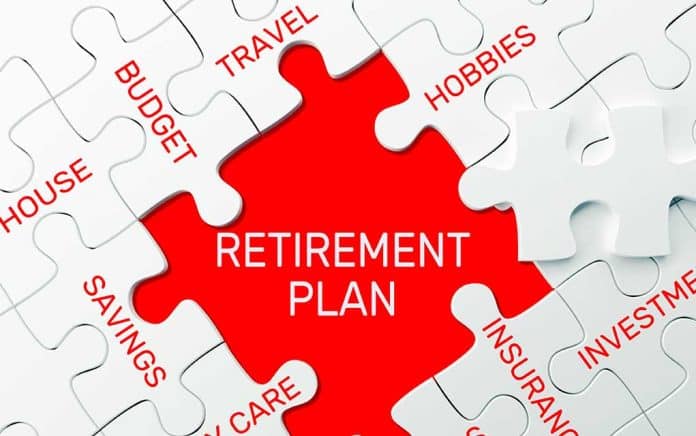
(FinancialHealth.net)
Don’t Leave Your Job Behind Until You’ve Done This
Only 60% of working Americans feel sure they’re adequately preparing for retirement. No matter where you find yourself, whether retirement is years away or coming up next month, it’s possible to take a trial run.
Pre-retirement refers to the time leading up to the day you stop working, and it’s all about getting ready for the next season of life. It’s a good option for most working adults because it provides an opportunity to pay off debt, keep health insurance and give that retirement fund one final boost.
What Is Pre-Retirement?
In pre-retirement, you’re not ready to leave your job just yet. Instead, you’re getting the final details in place. Essentially, the idea is to make lifestyle adjustments that reflect post-retirement living. This is done by creating a budget based on estimated social security payments and retirement account disbursements, and practicing living within those new financial boundaries.
Pay Off Debt Before Retirement
For most, choosing to live as if they’re already retired will mean spending more carefully than before. Tightening up the budget will hopefully create extra cash for larger debt payments. Each month, pay attention to what is left over after all your bills are paid and use this pay above and beyond minimum debt payments.
Keep Health Insurance During Pre-Retirement
Pre-retirement is a lifestyle adjustment that doesn’t mean leaving behind your job. This will allow you to hang on to your health insurance for a little while longer.
Why is this important? Medicare doesn’t kick in until age 65 and Medicaid has pretty strict income requirements. Unless you qualify for either of these state-funded options, staying insured makes the most financial sense.
Boost Retirement
After the age of 50, tax laws allow for larger pre-tax contributions to 401(k) accounts. While workers 49 and younger can only contribute $19,000, those over 50 can sock away an extra $6,000 a year.
Since pre-retirement is all about spending less, this lifestyle change should create enough extra space in the budget to ramp up retirement contributions.
Think of pre-retirement as a risk-free way to make sure you’re ready. Take this time to pay attention when struggles arise and make adjustments to lifestyle — like downsizing in preparation for retirement — to get good and ready for the day you no longer clock in.
~ Here’s to Your Financial Success!
Copyright 2019 – FinancialHealth.net


















